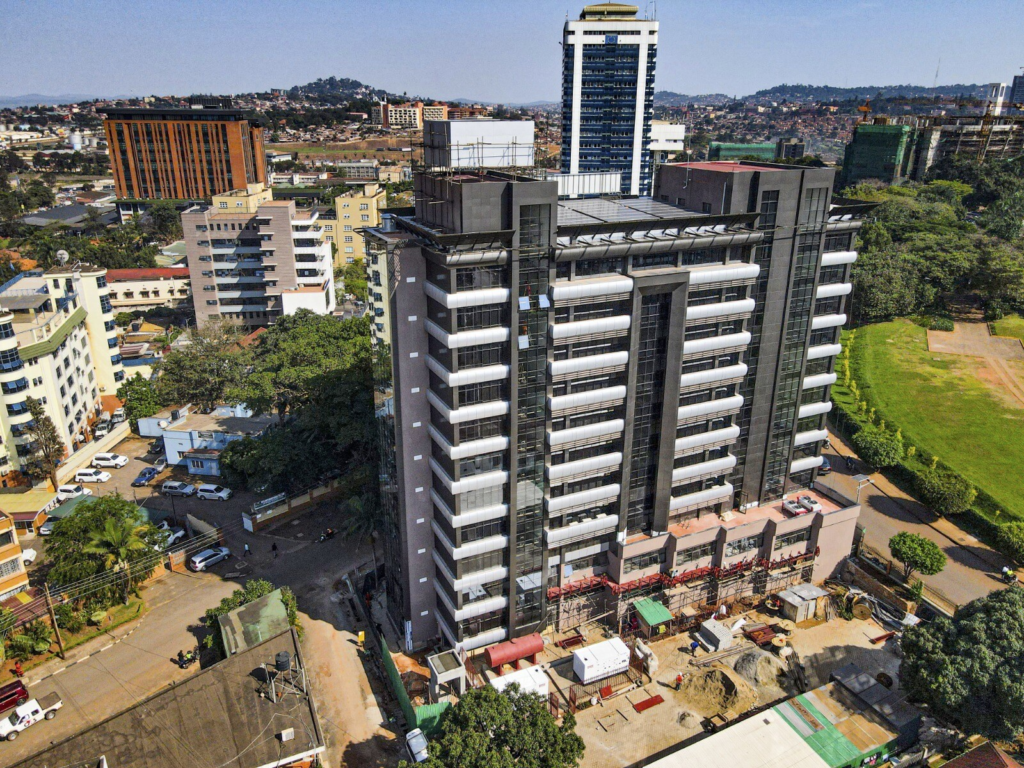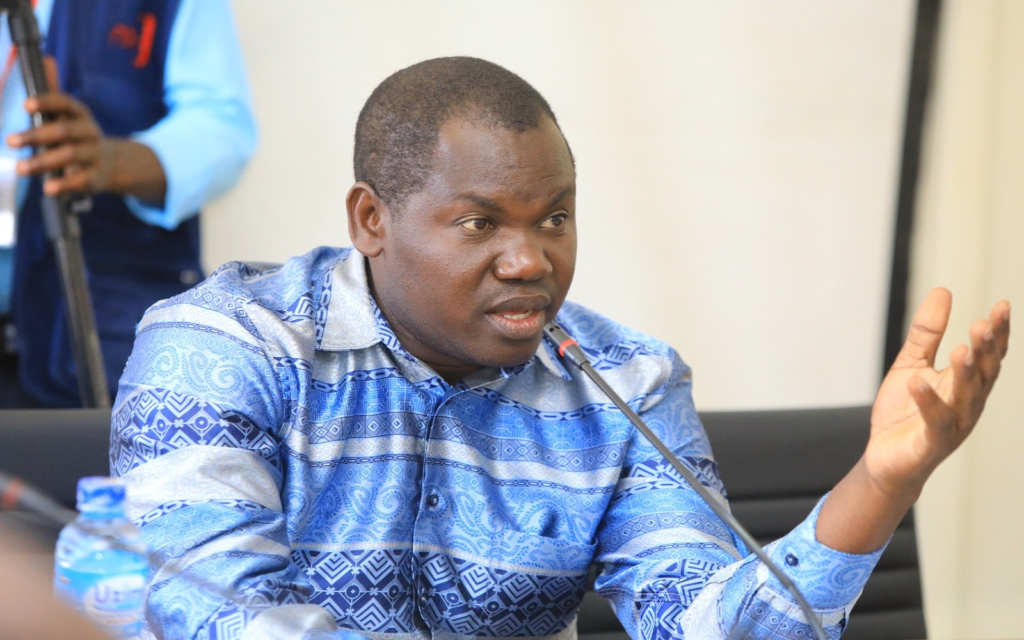
KAMPALA, UGANDA
The Ugandan government has rejected demands from Members of Parliament (MPs) to reveal the list of beneficiaries of loans issued by the Uganda Development Bank (UDB), citing confidentiality agreements with its clients. This stance has intensified scrutiny as UDB seeks parliamentary approval for two significant loans: $175 million (UGX 641.3 billion) from the Arab Bank for Economic Development in Africa (BADEA) for capitalization and an additional $100 million (UGX 366.4 billion) for operational expenses.
During a parliamentary session on March 20, 2025, Minister of State for Finance Henry Musasizi defended the government’s decision, responding to concerns raised by Aringa North MP Godfrey Onzima. Onzima criticized UDB’s operational focus, arguing that the bank, funded by Ugandan taxpayers, disproportionately serves Kampala and neglects other regions.
“All the information the colleague wants us to provide is available in our records. However, this is a bank that deals with the private sector, and there is a client relationship with its borrowers, which includes a confidentiality agreement. This question has come up before, and when it did, we opted to share information with the Speaker, but not with the public,” Minister Musasizi stated.
Onzima, however, remained unconvinced, asserting that the government had failed to address the issue of equitable fund distribution. “When we privatized government banks, we expected UDB to be a national institution, but it remains centralized in Kampala. Accessing loans is a struggle, and even if you try, you won’t know who else is benefiting. It seems to be a bank for a select few,” he said.
A minority report authored by MPs Hassan Kirumira (Katikamu South), Charles Tebandeke (Bbaale County), Jonathan Ebwalu (Soroti East), and Denis Oguzu (Maracha County) further fueled the debate. The report called for a halt to the loan approval until UDB provided a detailed breakdown of its beneficiaries.
“Before approving this funding, the Committee on National Economy should have physically inspected funded projects and verified real beneficiaries. Uganda has a history of financing ghost projects, ghost workers, and ghost pensioners. While UDB credit is supposed to benefit all regions, in reality, it mostly serves wealthy individuals in Kampala who use the funds to complete stalled buildings and arcades,” Kirumira argued.

Parliament was informed that UDB’s capitalization stood at UGX 1.5 trillion as of November 2024, comprising UGX 1.24 trillion in government contributions and UGX 211 billion in retained earnings. Minister Musasizi acknowledged that despite these figures, the bank remains undercapitalized, hindering its ability to fulfill its mandate.
According to UDB’s 2023 annual report, the bank’s total assets were UGX 1.67 trillion as of December 2023, with a gross loan portfolio of UGX 1.58 trillion. Over a seven-year period (2017–2023), UDB disbursed UGX 2.5 trillion in loans.
Despite President Museveni’s directive that UDB’s interest rates should not exceed 12%, the minority report argued that this rate was still too high. “We believe 12% interest is still too high for the wanainchi, considering that these loans are secured at rates below 7% per annum. We request that Parliament and the Bank of Uganda instruct UDB to cap interest rates at 10%, aligning with other government programs like Emyooga and the Parish Development Model (PDM),” Kirumira stated.
Mawokota South MP Yusuf Nsibambi raised further concerns about the government’s financial strategy. “If we are borrowing from BADEA, it suggests that we are struggling and need to recapitalize UDB. Yet, at the same time, we are guaranteeing UDB’s $100 million loan, which implies that we are financially stable. Which is it?” Nsibambi asked.
The debate has highlighted growing concerns over the lack of transparency in UDB’s loan disbursement and the unequal access to government-backed financing, raising questions about the bank’s role in national development.
For More Related News;